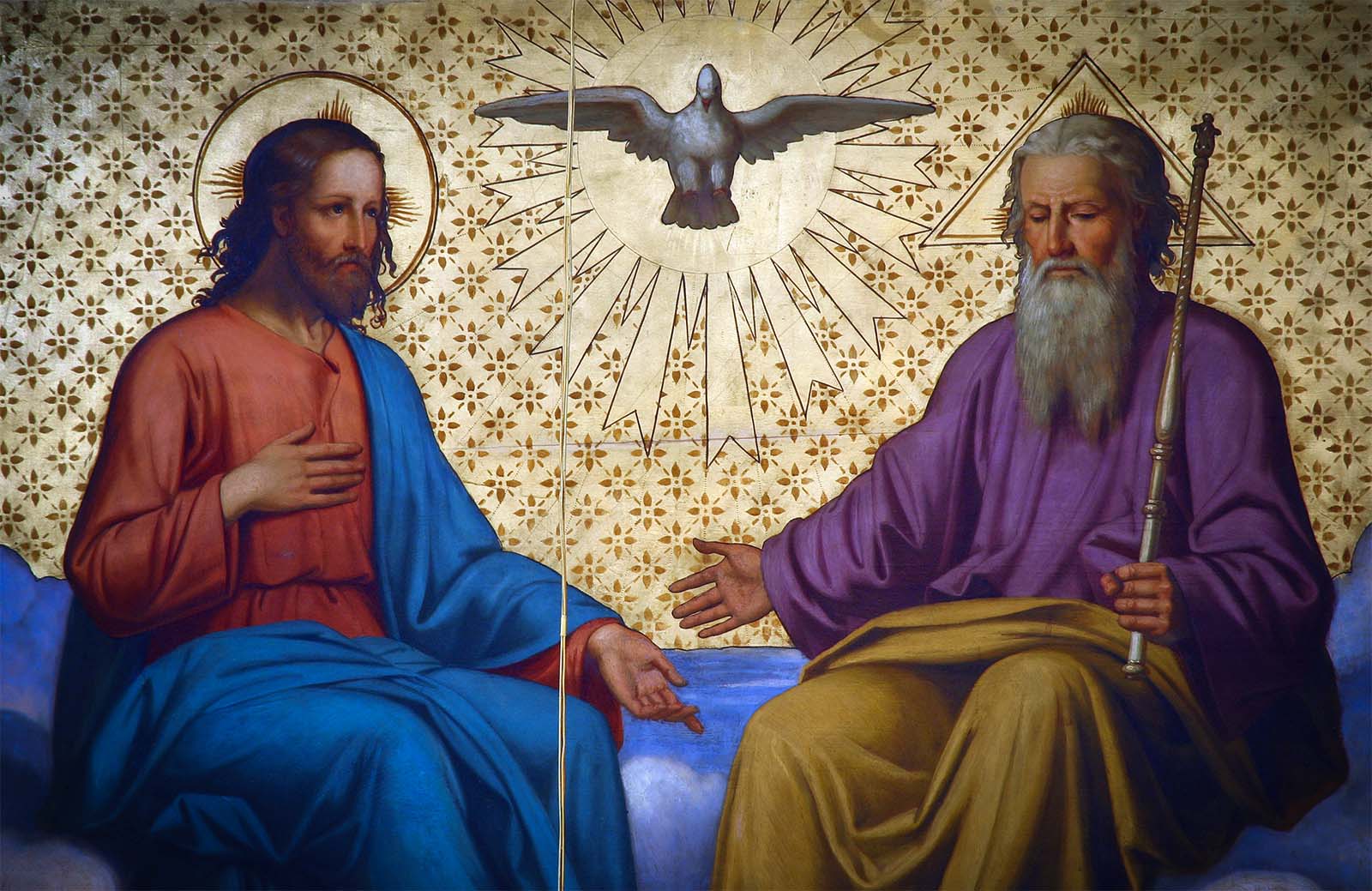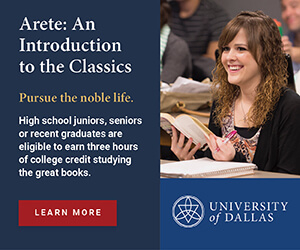Recently, listener Frank called in to The Patrick Madrid Show to say something that a lot of Catholics can relate to: “I was wondering about the Holy Trinity. I believe in it, but I don’t understand it.”
Patrick understood, saying he thinks that describes a lot of people. They may understand the Trinity to some degree, but they often believe in it without getting the full picture. Patrick gave his listeners a brief crash course on beginning to understand the Trinity.
As a basis of understanding, it should be noted that the Bible says there is one and only one God. Catholics know this, but it’s worth noting because the concept of the Trinity sometimes confuses people, giving the impression that we believe in three gods. That is not the case. The Old Testament, the New Testament, and the Church teaching throughout the centuries have maintained without ceasing that there is one God.
Well, if that’s the case, then how are the Father, the Son, and the Holy Spirit all God? “So, there are not three Gods. There is one God in three persons. And for some people, that sounds like just a word game. ‘Well, what you really mean is there are three gods.’ No. It’s one God in nature and that nature is shared among the three persons: Father, Son, and Holy Spirit.”
As put by Frank Sheed in Theology and Sanity, the imagination doesn’t help in understanding this concept, but can often hinder us. Our immediate response to confusion about the Trinity is to attempt to present our understanding in the context of a simile or metaphor. While that can be helpful (as St. Patrick used the shamrock), these literary tools ultimately fall short. They are incapable of fully encompassing the mystery of the Trinity.
“This is why, Frank, you feel the way you do, because intellectually it’s very difficult without a picture in your mind of what this might look like to understand it.” To wrap our heads around the Trinity, we have to distinguish the word “nature” from the word “person”. Our nature would be what suggests to us that there is a person, but the person is what possesses the nature. A person could not exist without his or her nature but ultimately, the person possesses their nature.
Patrick applied this to Frank, his caller. Frank’s person tells us who he is. He is Frank and that is his person. Frank’s nature tells us what he is. He is a human being with a soul, intellect, and free will. Therefore, he has a human nature. When Jesus became incarnate, He had two natures, one human and one divine. He never ceased being God the Son.
Sheed continued, saying that our nature not only delineates what we are but what we can do. As human beings, we are capable of eating, drinking, sleeping, working, running, loving, and a million other things. What can animals do? They can do some, but not all the things we can. What can a stone do? It can do none of the things we can, except exist. But while our nature is what decides what we can do, it is not our nature that does them. It is our person that acts upon our capabilities.
So, understanding that distinction, it is there that we can begin to glimpse the possibility of one person having multiple natures, like Jesus Christ. However, it is still difficult to see how multiple persons could have one nature. But again, we must revisit the understanding that our imagination will fail us in comprehending the possibilities of God. We think it impossible because it is beyond human nature. But that’s just it. God is not limited by the constraints of our physical realm.
And finally, the three persons don’t split up the nature. They don’t each possess 33.3% of being God. Because each one is wholly and completely God and nature decides what the being is, “each person is God wholly and therefore equally with the others”.
Patrick says this is only the beginning of Sheed’s explanation of the Trinity, but it is helpful groundwork for working our way inward to this mystery.
Tune in to The Patrick Madrid Show weekdays 8am – 11am CT


